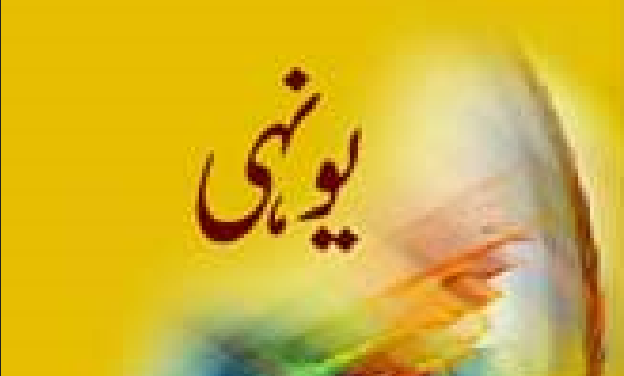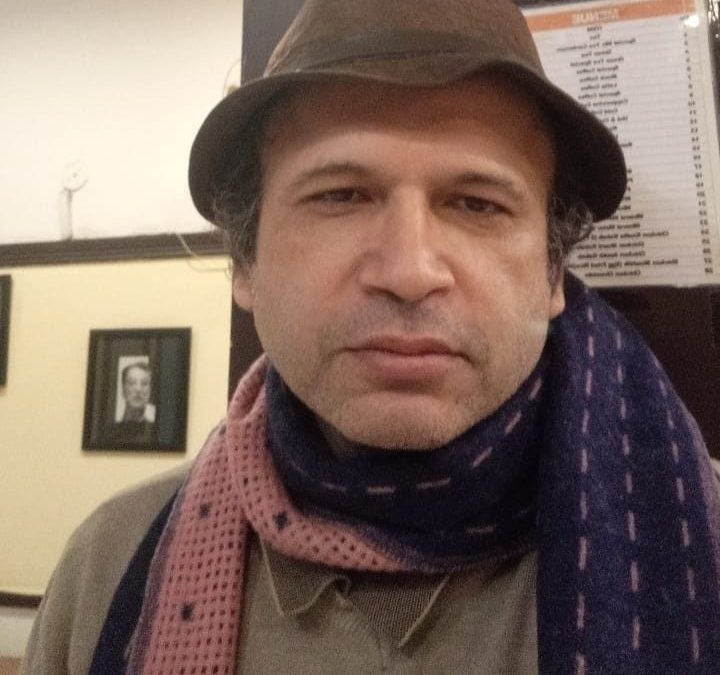Joseph Brodsky wrote, “Memory is a substitute for the tail which we lost in the happy process of evolution”, while lamenting his exile and recollecting the world he left behind in his beloved St. Petersburg in Russia.
I first met Idris 18 years ago at the Bhola Canteen of University of Engineering and Technology (UET) in Lahore where I was a newcomer and Idris was in the final year. Those days at UET, legends like Dr Khurshid Rizvi were frequent visitors not only to the campus seminars but to our rooms where Rehman Hafeez, Shaheen Abbas, Zulfiqar Adil and many of us spent our time not studying electromagnetics but poetic aesthetics.
Idris Babur is the most gifted poet of our generation; his diction, craft and innovation was unique from day one. He is not a poet of mere rhythm and rhyme, but a liberator of captive lyricism. Ghazal is a strange form of poetry, loved and not so loved at the same time. Support system of radeef and qaafia is a survival kit for the empty brains and a challenge to the postmodern theme. Idris not only accepted this challenge but relished it, in his own words “Ajeeb Haal Tha Iss Dasht ka MaiN Aya Tu / Na Khaak Thi Nah Koi Khaak Udaanay Wala Tha”.
While reading ‘Yunhi’ one comes across a new set of metaphors and acute expressions that are fresh and contemporary. Collection of 67 ghazals mainly captures the years that belong to Idris’ student life. This is the period when he discovered his poetic potential and started a journey which was costing him every passing day. He writes and edits anthologies, translates Nobel laureates from Seamus Heaney to Wis?awa Szymborska and from Octavio Paz to Tomas Tranströmer and is still neglected by the literati.
Time, memory, dream and loss are the primary themes of this book. One sees varied shades of life and art in his poems that are often in the form of a dialogue with the world. Range of his subjects is diverse, clean from clichés not only in the subject matter but in the use of language and its music; “Darakht Subh Taaza Dam Thay, Hum Say Pehlay/Rasool Apni Baste’yoN Ko Ro Chukkay HaiN.”
In strict terms, exact rhymes and crisp sentences give birth to lyrical verse, which can be called the first step towards transformation. For Idris Babur ‘Yunhi’ is the first phase to that transformation. The living legend of Urdu ghazal Zafar Iqbal who is blunt to the level of rudeness, has called Idris as the “model poet” whose poetry is not only the poetry of today but tomorrow. He further adds that Idris with his modern sensibility has discovered new dimensions of usual ghazal subjects.
Idris belongs to the short list of poets who have their own diction and unique sensibility. These are the poets who attract imitators and Idris got a fair share of such ‘technicians’ who picked up on his stuff with utmost urgency during his absence from the scene (even his presence doesn’t deter them) but failed to grasp the depth identified with him and his poetic world only.
‘Yunhi’ cleanses our soul, removes any hangings and this is the poetry which shields us from the onslaught of vulgarity; local and global, internal and external. Idris Babur’s verse ensures its readers that poetry is not dead, yet; “Iss Qadar Matt Udaas Ho, Jaisay / Yeh Muhabbat Ka aakhri Din Hay”
Mahmood Awan is a Punjabi poet who works and lives in Dublin.
mahmoodah@gmail.com
Title: Yunhi
Poet: Idris Babur
Publisher: Caravan Book House, Lahore
Pages: 127
Price: Rs220
Published on 27th October 2013 in The News on Sunday.
https://jang.com.pk/thenews/oct2013-weekly/nos-27-10-2013//lit.htm#2


